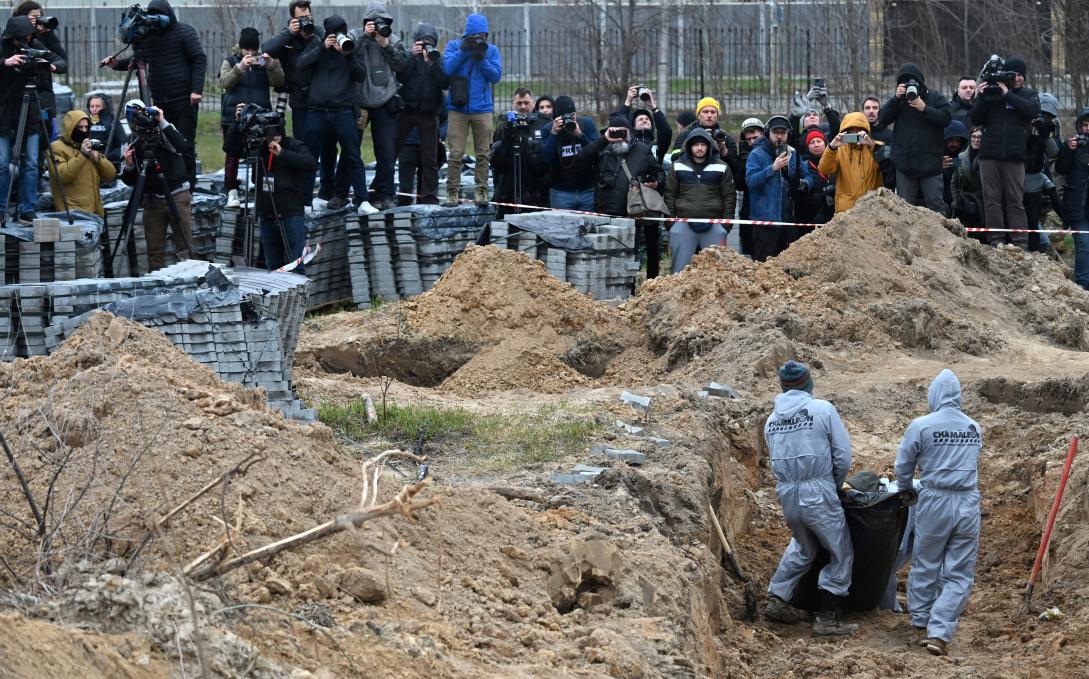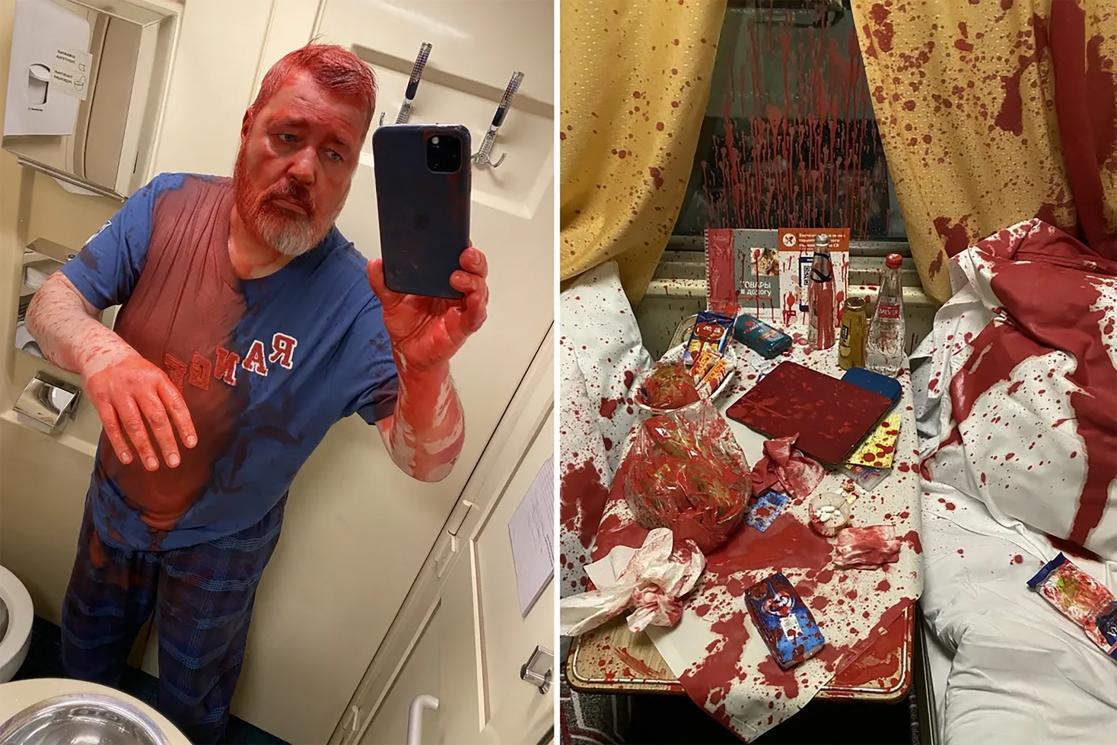Ukraine, a battle (also) for press freedom

“By reporting from the front lines and shedding light on the gross human rights violations and violations of international humanitarian law committed by the Russian armed forces, journalists importantly contribute to counter disinformation and information manipulation surrounding the invasion”, reads the Declaration by the High Representative Josep Borrell on behalf of the European Union. “They play a crucial role in ensuring that these atrocities do not remain unpunished. Those responsible will be held accountable for their actions”.
Ten Ukrainian and international media workers have been killed and many others injured in Ukraine since the beginning of the invasion, according to the Council of Europe's platform for the protection of journalism and the safety of journalists. The EU is providing emergency support to media outlets and journalists covering the war in Ukraine, including psychological support, helmets and other protective equipment, as well as financing to cover salaries.
Ukrainian journalists and media experts @Sanatja @lisovskalana @IAPonomarenko will join us and @EUvsDisinfo @MBildziukiewicz on #WorldPressFreedomDay to share insights on covering Russia's invasion from the front line.
? On @TwitterSpaces 3/05 at 12Hhttps://t.co/rBwY5MAt5q pic.twitter.com/SOdlqEiBxS
— European External Action Service - EEAS ?? (@eu_eeas) April 29, 2022
Meanwhile, in Putin's Russia, a crackdown on press freedom has led to an exodus of media outlets from the country. Back in March, a bill introducing prison sentences of up to 15 years for those who publish 'knowingly false information' about the Russian military and its operations led some media outlets to stop reporting on Ukraine. The Russian government blocked access to several foreign media outlets, including BBC News Russian, Voice of America, RFE/RL and Deutsche Welle, as well as Facebook and Twitter.
Despite this climate of hostility against journalists in Russia and Belarus, there remain courageous independent media and individual journalists who strive to report on the Russian invasion and the atrocities committed against the Ukrainian people. Several journalists exiled from Russia from the independent Russian daily Novaya Gazeta, which suspended its activities in March after receiving two Kremlin warnings, announced on 7 April the launch of Novaya Gazeta Europa, a new outlet that will operate from Riga (Latvia) to avoid Putin's censorship and publish in several languages in addition to Russian. On the same day, Dmitry Muratov, Nobel Peace Prize laureate and editor-in-chief of Novaya Gazeta, was attacked with red paint by an unknown assailant while travelling on a train in Moscow.

Nobel Peace Prize laureate and editor-in-chief of Novaya Gazeta, Dmitry Muratov, covered with red paint after being attacked on April 7 2022.
Journalism under digital siege
400 journalists were killed between 2016 and 2020, according to the latest UNESCO World Trends Report Insights discussion paper "Threats that Silence: Trends in Journalist Safety". Although the figure represents a 20% decrease compared to the previous five years, the level of impunity remains unacceptable: perpetrators continue to get away with murder in nine of every 10 killings of journalists.
The study points to a correlation between this rampant impunity and other increasing levels of threats to journalists' safety that often lead to self-censorship, such as non-lethal physical attacks, kidnapping, arbitrary detention, threats, harassment off-line and online, and retaliation against family members.
This year’s World Press Freedom Day theme “Journalism under digital siege” spotlights the multiple ways in which journalism is endangered by surveillance and digitally-mediated attacks on journalists, and the consequences of all this on public trust in digital communications.
"Online harassment, mass and targeted surveillance, data storage vulnerabilities and digital attacks (including hacking) are among the many ways in which digital tools have been used to jeopardise the safety and integrity of journalists as well as their sources," the report reads. "Both state and non-state actors use these tactics to access confidential information and intimidate journalists. There is evidence to suggest that the digital threats faced by journalists are growing."
Alongside the rise in digital attacks, the UNESCO report warns that threats to the safety of journalists have been exacerbated by the passage of laws giving security forces increased surveillance powers, often under the justification of national security or public health. "Surveillance and hacking compromise the protection of journalists' sources, as recently illustrated by the “Pegasus Project” revelations”.




